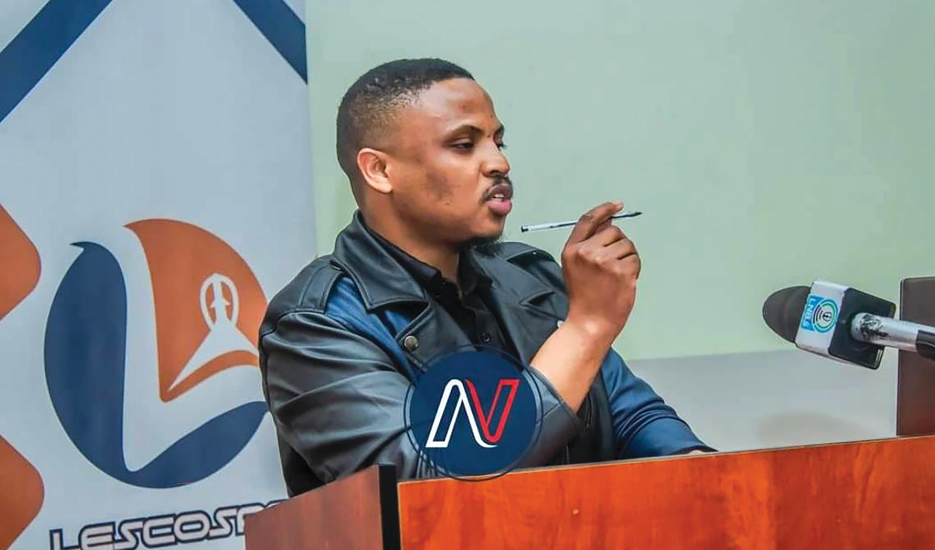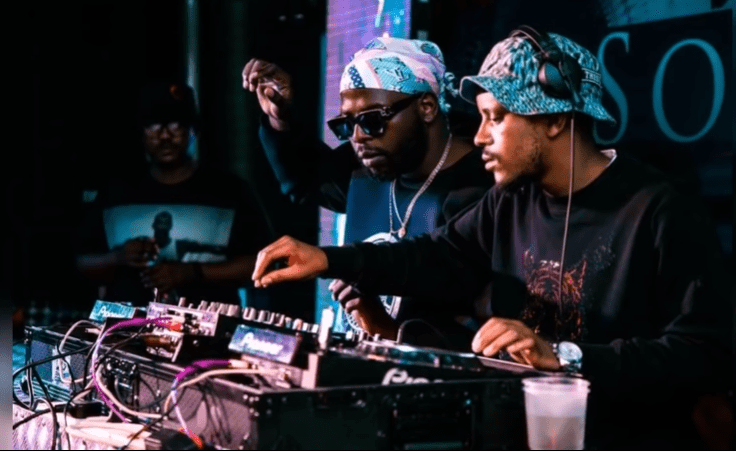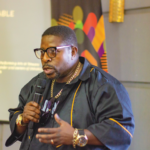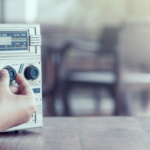“You may not know the law, but you’re still breaking it.”
That is the quiet but firm message from Tsoamotse Relebohile, Membership and Documentation Manager at the Lesotho Copyright Society of Authors and Artists (LESCOSA), as he sheds light on one of the most misunderstood aspects of the music industry in the country, copyright licensing.
In a sit-down interview with Newsday, Tsoamotse unpacked the widespread misuse of music in Lesotho, from public transport and local radio to restaurants and event venues, often done without proper licensing or awareness that permission is even required.
“Many people assume if it is on YouTube, it is free to use. That is the biggest misconception we face daily,” he said. “The law is very clear, if you are using music in a public space or broadcasting it, you need a license.”
What counts as public use?
The concept of “public performance” or “communication to the public” in copyright law refers to any setting where music is played outside of a private environment. This includes bars, radio stations, taxis, weddings, gyms, supermarkets, and even small shops.
“Even if you are not charging people to listen, if the music enhances your business or platform, then you are communicating it to the public,” Tsoamotse explained.
“And that means one thing: you need a license.”
The role of LESCOSA
Established to protect creators, musicians, composers, authors, and artists, LESCOSA issues licenses, collects royalties from music users, and distributes them to registered rights holders.
It also operates under international reciprocal agreements with collecting societies around the world, ensuring that creators in Lesotho can receive royalties from overseas and that foreign artists are compensated for use of their work in Lesotho.
Yet confusion abounds.
“People think we are a government department. We are not,” Tsoamotse clarified. “We are a collective management organisation acting on behalf of artists. We do not make the law, we enforce the Copyright Order of Lesotho.”
The silent exploitation of creators
For every hit played at a wedding, every viral DJ mix, and every radio playlist, there is often a creator who never earns a cent, not because the work lacks merit, but because of systemic gaps in reporting, registration, and enforcement.
“We have radio stations that have been operating for 10, 15, even 20 years without ever paying for the music they use. That’s exploitation, plain and simple,” Tsoamotse said, visibly frustrated.
In the public transport sector, where music is a constant fixture, efforts to engage taxi and bus associations have been slow to bear fruit, with compliance still low.
Artists must step up, too
But the burden does not fall on users alone. Many creators are also failing to treat their work as a business.
“You cannot expect to earn royalties if you have not registered your music or reported its use,” Tsoamotse stressed. “Artists need to see themselves as entrepreneurs. That means managing their rights, registering their work, and understanding their own value in the industry.”
He highlighted the common scenario of songs involving multiple contributors, producers, writers, and featured artists. Unless all parties are properly declared and the work is registered, fair royalty distribution becomes impossible.
Priorities for the future
Over the next two to three years, LESCOSA aims to prioritise three key areas: enhancing royalty distribution systems to ensure timely and equitable payments to rights holders, expanding education and outreach, so both music users and creators fully understand their legal responsibilities, and broadening representation across other creative sectors, including literature, theatre, and visual arts.
Tsoamotse acknowledged that changing the current culture will take time.
“This is about building a culture of respect, for both the artist and the law,” he said. “We’re still in the early stages, but we are moving in the right direction.”
Why this matters
Lesotho’s creative economy holds enormous potential, but that potential can only be realised if rules are respected and all players, creators and users alike, are empowered.
“Music draws people into your business, sets the tone for your event, and energises your broadcast,” Tsoamotse concluded. “If it adds value to your platform, then it’s only right to compensate the people who created it.”
Summary
- That is the quiet but firm message from Tsoamotse Relebohile, Membership and Documentation Manager at the Lesotho Copyright Society of Authors and Artists (LESCOSA), as he sheds light on one of the most misunderstood aspects of the music industry in the country, copyright licensing.
- In a sit-down interview with Newsday, Tsoamotse unpacked the widespread misuse of music in Lesotho, from public transport and local radio to restaurants and event venues, often done without proper licensing or awareness that permission is even required.
- For every hit played at a wedding, every viral DJ mix, and every radio playlist, there is often a creator who never earns a cent, not because the work lacks merit, but because of systemic gaps in reporting, registration, and enforcement.

A Professional Communications practitioner with a wealth of expertise in marketing, public speaking, communication and media relations. I believe in learning everyday and improving one’s personal and professional capabilities.
* A former journalist and radio host who is passionate about media and it’s impact on society.








